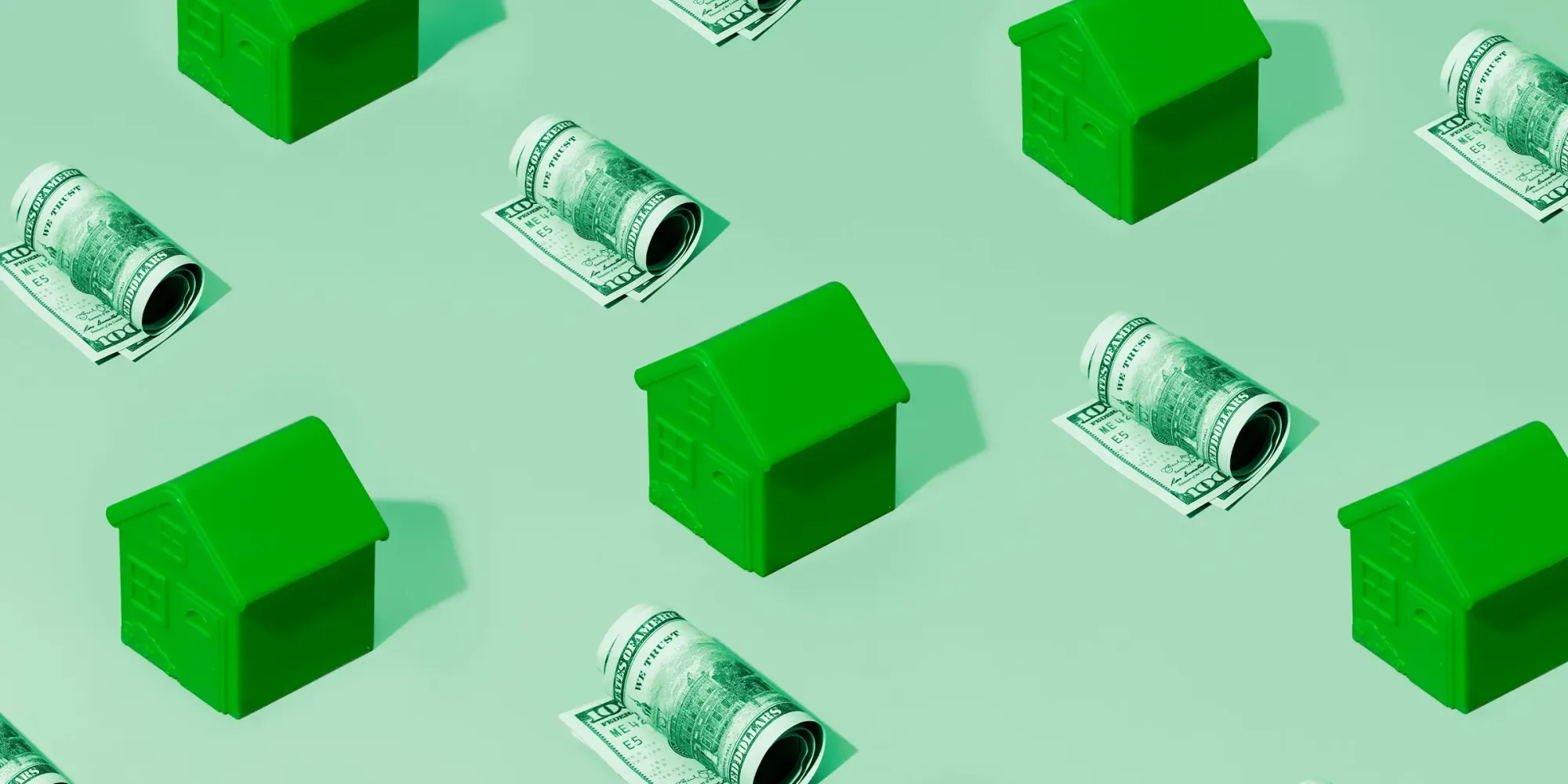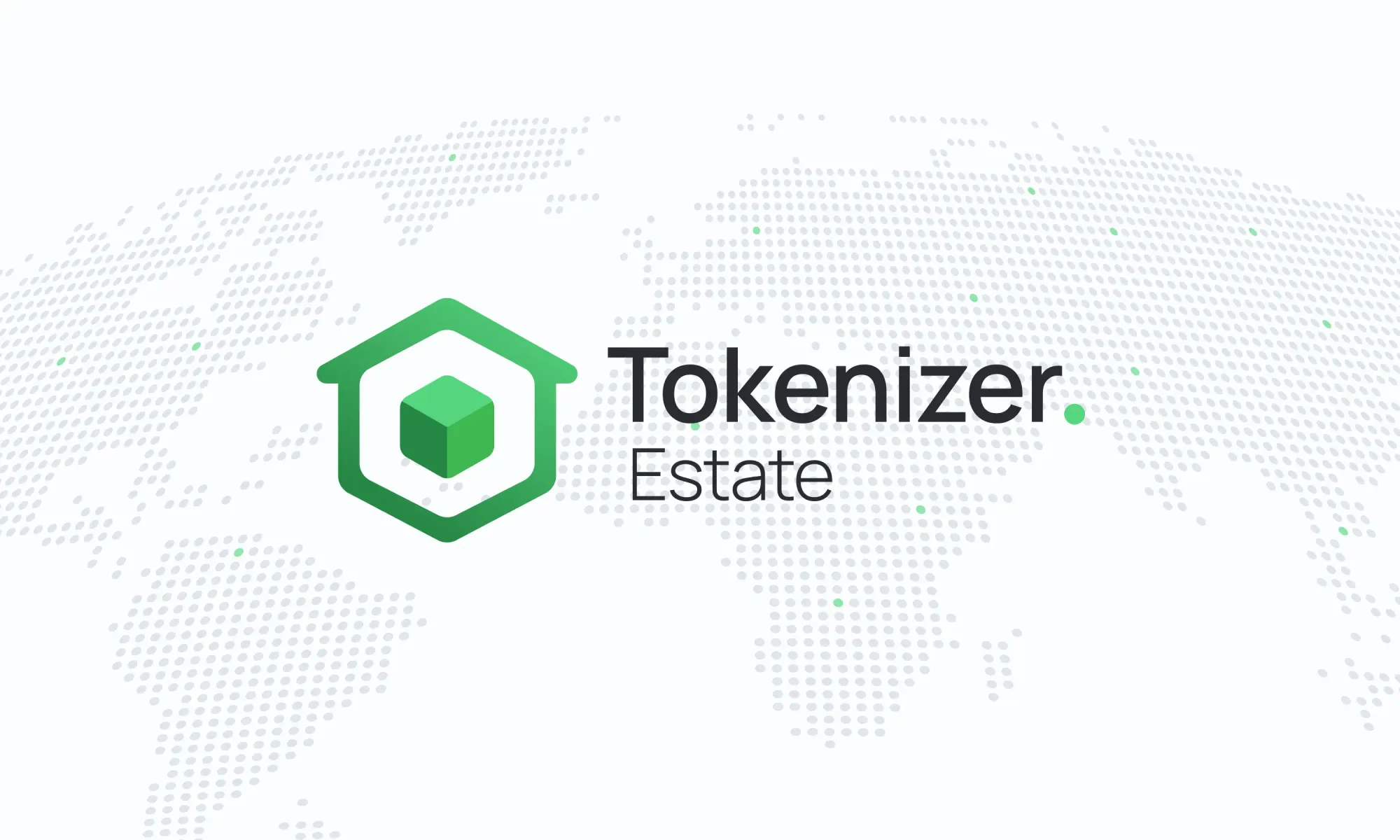How to Sell a House Faster with Real Estate Tokenization?
Real estate tokenization won’t magically speed up a house sale — but it can unlock liquidity, fractional ownership, and global investor access. Learn how tokenization truly works, who benefits, and why it’s reshaping real estate finance rather than quick home sales.

No way. Tokenization won’t directly make a house sell faster. Real estate tokenization isn’t a trick to find an instant buyer for your home. Instead, it’s a new way to turn property into digital shares on a blockchain, opening up different benefits. In simple terms, tokenization turns property shares into digital tokens on a secure network. This can lower entry amounts for investors and even help raise capital faster by allowing fractional ownership and quicker transactions. In other words, tokenization was created to solve issues like illiquidity and high investment barriers – not to expedite a one-off house sale. Before diving deeper, let’s clarify what tokenization is meant for and who actually benefits from it.

Why Use Real Estate Tokenization and Who Benefits?
Real estate tokenization was designed to solve long-standing problems in property investment — and in many cases it even allows properties to be sold up to 20% above traditional market valuations, because tokenized assets attract a wider global buyer base and higher demand. Tokenization makes real estate more liquid, accessible, and efficient. Here’s why tokenization is useful and who gains the most from it:
- Investors (Big and Small)
Traditionally, investing in property required large sums of money and was limited to local deals. Tokenization changes that. By converting a building’s value into many small tokens, even a first-time investor could put a modest amount (say $100) into a prime property and gain a stake in it. This lowers the barrier to entry dramatically. Everyday people can diversify into real estate with small amounts, and investors anywhere in the world can buy tokens of properties abroad, breaking down geographic limits. In one notable example, a €6.5 million villa in Paris was split into 1,000,000 tokens at €6.5 each - allowing ordinary individuals to own a slice of a luxury property. By opening the market to a wider audience, tokenization brings in fresh capital and more activity. It essentially democratizes property investment, so the market isn’t just for the wealthy anymore.
- Property Owners
For owners and asset holders, tokenization offers a new way to gain liquidity without selling the entire property. Real estate is famously illiquid – it’s hard to sell a building quickly if you need cash. Tokenization helps solve this by letting owners sell fractions of their property as tokens. For instance, an owner could sell 20% of their building via tokens to many investors, raising money while still keeping majority ownership. Those tokens can be traded, so the owner and investors aren’t locked in for years. This means an owner can unlock some equity (cash out a portion of the property’s value) more easily. In short, tokenization provides liquidity options that traditional real estate never had – shares of a property can be sold or traded much more freely, almost like stocks.
- Real Estate Developers (Including Big Developers)
Perhaps the biggest winners are property developers. Tokenization creates new funding channels for projects. Instead of relying only on bank loans or a few wealthy backers, a developer can raise funds by selling tokens to a global pool of investors online. This approach can speed up fundraising significantly. A tokenized offering can reach thousands of potential investors at once, often closing funding rounds faster than a traditional loan approval would. In fact, tokenization can dramatically speed up fundraising – what used to take many months through banks can sometimes happen in weeks or even minutes via an online token sale.
Developers also benefit because they share the project’s risk with many investors (instead of owing a bank), and they retain control of the project while avoiding heavy debt. For example, raising money by tokenizing can be faster and more flexible than bank financing: one tokenized real estate campaign in Dubai was fully funded in under 2 minutes, attracting investors from dozens of countries. Large developers can use tokenization to tap international investors and shorten funding timelines by reaching beyond their local market. Meanwhile, smaller developers who struggle with loans can finally access funding by selling token shares of their project. In all cases, tokenization offers a broader investor base and often better terms than traditional credit.
- The Broader Market
Tokenization brings benefits to the real estate market as a whole. It increases liquidity and transparency. Since tokens can be traded on digital platforms, investors have a chance to buy or sell their stake quickly if needed, rather than waiting months for a property sale. Deals can be done faster with smart contracts (self-executing code) handling many steps automatically, which cuts out middlemen and speeds up transactions. It also introduces greater transparency, because every token transaction is recorded on the blockchain for anyone to verify. Overall, the market starts to behave a bit more like the stock market – with faster deals and more participants – instead of the old slow, exclusive real estate world.
In summary, tokenization wasn’t made to help an individual homeowner sell a house overnight. It was created to open up investment opportunities and improve how real estate financing works. Developers get new ways to raise capital, owners get liquidity, and investors get access to assets that were once out of reach. These benefits come with the help of technology (blockchain and smart contracts) ensuring everything stays secure and compliant.

Real Examples of Tokenized Real Estate
Real estate tokenization might sound abstract, but it’s already happening around the world. Here are a few real examples that show how tokenization is being used in practice:
Luxury Resort in the USA
A famous early example is the tokenization of the St. Regis Aspen Resort, a luxury hotel in Colorado. The resort’s owners raised $18 million by tokenizing a portion of the property’s equity. Essentially, they sold nearly 19% of the hotel as digital shares to investors via the Ethereum blockchain. This allowed many accredited investors to own a piece of a high-end resort, an opportunity that normally would require a huge investment. The tokenized sale also closed faster than a traditional deal, showcasing how efficient the process can be once everything is set up.
Dubai Tokenized Apartment
In 2022, a real estate offering in Dubai made headlines for its speed and reach. The developers tokenized an apartment and put the tokens up for sale on a platform. The result? The offering was fully funded in just 1 minute 58 seconds. In that time, 149 investors from 35 countries bought all the available tokens. This example highlights two things: the power of global access (people worldwide participated in a UAE property deal within minutes) and the speed of transactions on a blockchain. It’s a dramatic case, but it proves that if there’s strong demand, tokenization platforms can facilitate almost instantaneous fundraising. Of course, not every project will sell out in minutes, but this shows what’s possible with a popular offering.
Major Tokenized Portfolio (RedSwan)
Established real estate firms are also adopting tokenization. For instance, RedSwan, a U.S. company specializing in digital real estate, announced it is tokenizing a $100 million portfolio of apartment and hotel properties using the Stellar blockchain. The goal of this move is to speed settlement of transactions and widen investor access to these assets. By tokenizing a large portfolio, RedSwan aims to attract investors who want to buy smaller stakes in big properties and to make trading those stakes faster and easier. This example shows that tokenization is scaling up – it’s not just single buildings, but multi-property portfolios being turned into tradable tokens. It also demonstrates confidence from real estate professionals that tokenization can unlock value and efficiency in the market.
Fractional Office Building in Florida
In another case, a developer in Florida tokenized an office building to raise capital for the project. By selling tokenized shares of the building to a broad base of investors online, the developer gained funding without relying on banks. This allowed the project to move forward with money from many small investors rather than a few big lenders. The investors, in return, got a share of the rental income and future profits. This real-world use case shows how tokenization can be an alternative financing method for developers. Instead of taking a loan with high interest, the developer essentially crowdfunded the project via tokenization, speeding up the funding and sharing the risks and rewards with token holders.

These examples illustrate that while tokenization won’t magically find you a buyer for your individual house, it is revolutionizing how real estate projects are funded and traded. From luxury hotels to apartments and commercial buildings, various properties have been successfully tokenized. Importantly, governments and big institutions are observing and sometimes even supporting these pilots. Dubai’s government, for example, has experimented with issuing property deeds as blockchain tokens in its Land Department, and large developers in Japan have announced plans to put portions of Tokyo real estate on the blockchain. All this activity shows that tokenization is moving from theory to practice across the globe.
Who Can Help with Real Estate Tokenization?
If tokenization sounds interesting — maybe you’re a developer exploring new financial structures or an owner who wants to make a property more flexible for investors — you might wonder how to actually do it. Tokenizing real estate involves several parts: legal setup, technology, and investor operations. Each of these elements must fit together correctly, and that’s where dedicated tokenization platforms play an important role.
We are Tokenizer.Estate — a technology provider that helps businesses and property owners launch and manage their own tokenization platform under their own brand. We don’t act as a law firm or a marketing agency; instead, we deliver the technical foundation and process automation needed to run compliant, transparent, and investor-friendly offerings. For a simple overview of what to consider when selecting a provider, you can read our guide.
Tokenization isn’t about selling property faster — it’s about building a transparent and efficient structure around ownership and participation. Our goal is to make that structure technically possible and easy to operate. If you’re planning to implement tokenization as part of your long-term strategy, you can visit our website to learn more about available solutions and supported jurisdictions.

Conclusion
Real estate tokenization is a cutting-edge development that is reshaping how we invest in and finance property. However, it’s important to remember what it can and cannot do. If your goal is to sell your personal house quickly, tokenization is not the shortcut you’re looking for – finding a traditional buyer through normal real estate channels is still the way to go for a fast sale. Tokenization was never intended to expedite one-off home sales. Instead, it was created to solve other problems: making real estate investments more liquid, lowering the cost of entry for investors, enabling global access, and speeding up the raising of capital for projects.
Those problems are indeed being solved. Tokenization is turning real estate into a more liquid and accessible market, more akin to stock trading than the old property market. Investors can buy small shares and trade them, developers can raise money faster with fewer middlemen, and property owners can cash out a portion without giving up full ownership. These are meaningful improvements over the traditional system, which was often costly, slow, and limited by borders. It’s no surprise that interest in tokenized real estate is growing rapidly. In fact, as of mid-2025 the tokenized property market has jumped to around $1.2 billion (up from just $200 million in 2023). Major figures in finance are taking note – for example, the CEO of BlackRock hailed tokenization as “the next generation for markets”, suggesting that it’s a matter of when, not if, this trend becomes mainstream.

In closing, real estate tokenization won’t help you sell a house in a week, but it is changing the game in other ways. It offers new methods to fund projects and invest in properties that were once out of reach. As more success stories emerge – from luxury hotels funded by token sales to global platforms selling fractions of rental homes – tokenization is proving to be more than just a buzzword. It is making real estate investment faster, more global, and more inclusive. For anyone involved in real estate, it’s worth understanding this technology’s true purpose. Use tokenization for what it’s meant for (raising capital, boosting liquidity, and widening access), and you could unlock significant value. But if you simply need to sell a house quickly, you’ll likely still be calling a real estate agent – tokenization won’t perform that miracle. In the end, knowing the difference will help you take advantage of tokenization’s real benefits and not expect it to do the impossible.

